
Oil price volatility nudges Kuwait to accelerate economic diversification
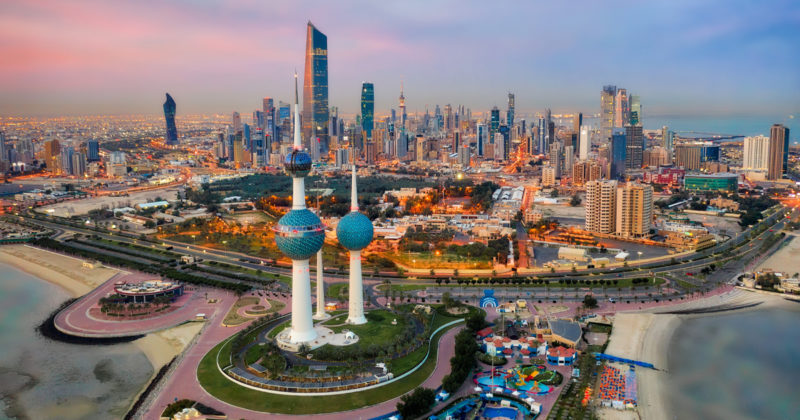
When Saudi Arabia announced steep discounts to its crude exports as part of a price war against Russia in early March, Gulf countries including Kuwait quickly followed suit.
It was yet another warning sign of how vulnerable the oil-dependent economy is to dramatic changes in global oil prices.
With oil reserves of 104 billion barrels, or 8 percent of the world's total, Kuwait derives a majority of its GDP through oil production.
Because Gulf countries already produce oil at a lower cost — estimated at US$2 (€1.82) to US$6 a barrel, Kuwait is affected when prices dip below the threshold necessary for it to balance its budgets.
In 2017, the Kuwaiti government launched the “New Kuwait 2035” national development plan in a bid to diversify its economy and reduce its reliance on oil revenues.
Since then, major infrastructure initiatives, such as the Silk City megaproject in partnership with China, have taken centerstage in the government’s economic efforts.
Logistics of Things speaks with Firas Sukkar, Country Manager for DHL Global Forwarding Kuwait, to hear his thoughts on Kuwait’s future with a lower reliance on oil and what this means for the logistics sector.
What have been Kuwait’s main challenges to pursuing economic diversification?
Sukkar: Challenges of economic diversification are not limited to the Gulf Cooperation Council (GCC) countries. They exist in most developing countries and need to be addressed by different strategies and policies appropriate to the economic status of the country.
In Kuwait, the dependence on oil revenues has been a problem. Huge increases in oil prices since the early 1970s have led to significant investments in the energy sector and energy-intensive industries such as petrochemicals and chemicals, with 98 percent of consumer or manufacturing needs coming from international markets.
As oil revenues represent around 80 percent of government income, the sharp fall in oil prices between 2015 and 2016 resulted in a significant impact on the country’s economy. It forced Kuwait to borrow, through the issuance of local and international bonds, to finance the fiscal deficit.
While the process will take time, a diversified economy will ease the pressure on the oil and gas sector if the non-oil sectors successfully create jobs, drive productivity and maintain sustainable growth.
Before that happens, Kuwait also needs to look into human capital development, especially when it comes to wages and types of jobs, to boost higher levels of labor productivity and participation of locals in the private sector.
What do you think makes Kuwait a potential contender to other logistics hubs in the regions such as Oman or Dubai?
Sukkar: Kuwait sits in a unique geographical location bordered by neighboring Saudi Arabia and Iraq through land corridors across the east and west regions, and also serves as a gateway to the Levant countries.
Its strategic location has allowed Kuwait to become a global base for the international trade of goods and services.
To enhance its logistics capabilities, the Kuwait government has been investing in building its transportation infrastructure, including ports, airports and railways, to position the country as a hub for regional trade.
The establishment of free trade zones and warehousing also makes the Middle Eastern nation an attractive location with considerable opportunities for logistics companies.
How will the “New Kuwait 2035” national development plan benefit the logistics industry in the country?
Sukkar: The reform program will help in the development of the country’s logistics sector. One area will be the improvement of custom procedures, rules and regulations that will reduce the transit time of goods and, in turn, raise the efficiency of customs.
The program also seeks to improve logistics coordination, and will involve the building of a single electronic platform for interaction between different government bodies, which is in line with DHL’s push for digitalization as part of its Strategy 2025.
Part of the plan includes raising productivity levels by integrating and capturing maximum benefits from the new and existing infrastructure. To do that, achieving integration between national and international transport with freight forwarding companies is also key.
So far, Kuwait has earmarked billions of dollars to invest in 12 sectors including infrastructure, education and training, storage as well as logistics services.
With the expected growth of imports and the development of different non-oil sectors, we expect many new opportunities for logistics companies, and the industry as a whole, to thrive in the country.
How has DHL Global Forwarding been supporting the government’s economic diversification efforts?
Sukkar: Efficient transport and logistics networks run by companies like DHL Global Forwarding play a vital role in strengthening connectivity between various inter-dependent production sectors.
To reap the benefits of growing global trade, producers depend on reliable logistics services that can support their international customer base.
Additionally, the rise of e-commerce, the shift in customer expectations and the increase in domestic consumption have increased the demand for newer products in higher volumes, and for them to be supplied faster, which calls for improved efficiency in delivery systems, inventory management, and freight forwarding.
In support of the government’s efforts, we will guide companies to navigate complex border procedures, inefficient customs clearance processes and the fragmented transportation infrastructure to facilitate international trade and fuel Kuwait’s economic growth.
What do you foresee as the key issues to address in your new appointment as country manager as part of the Arab cluster?
Sukkar: I am looking forward to shaping the work environment and performance standards of my team, keeping the company competitive and innovative in this challenging environment, and continuously empowering my team to perform at their best.
In the immediate future, global growth will likely be impacted due to the spread of COVID-19, which has caused losses and disruptions to supply chains. We will continue to adapt our operations to mitigate any potential impact.
As a company, we are committed to growing our business in Kuwait by maintaining strong networks with our partners to leverage new opportunities in this dynamic marketplace.
ALSO WORTH READING
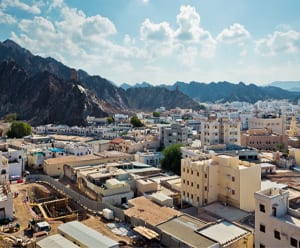






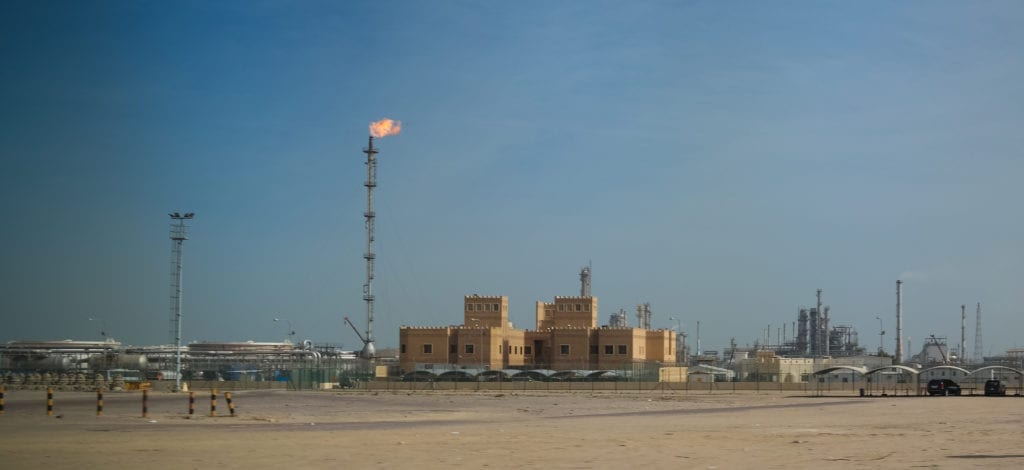

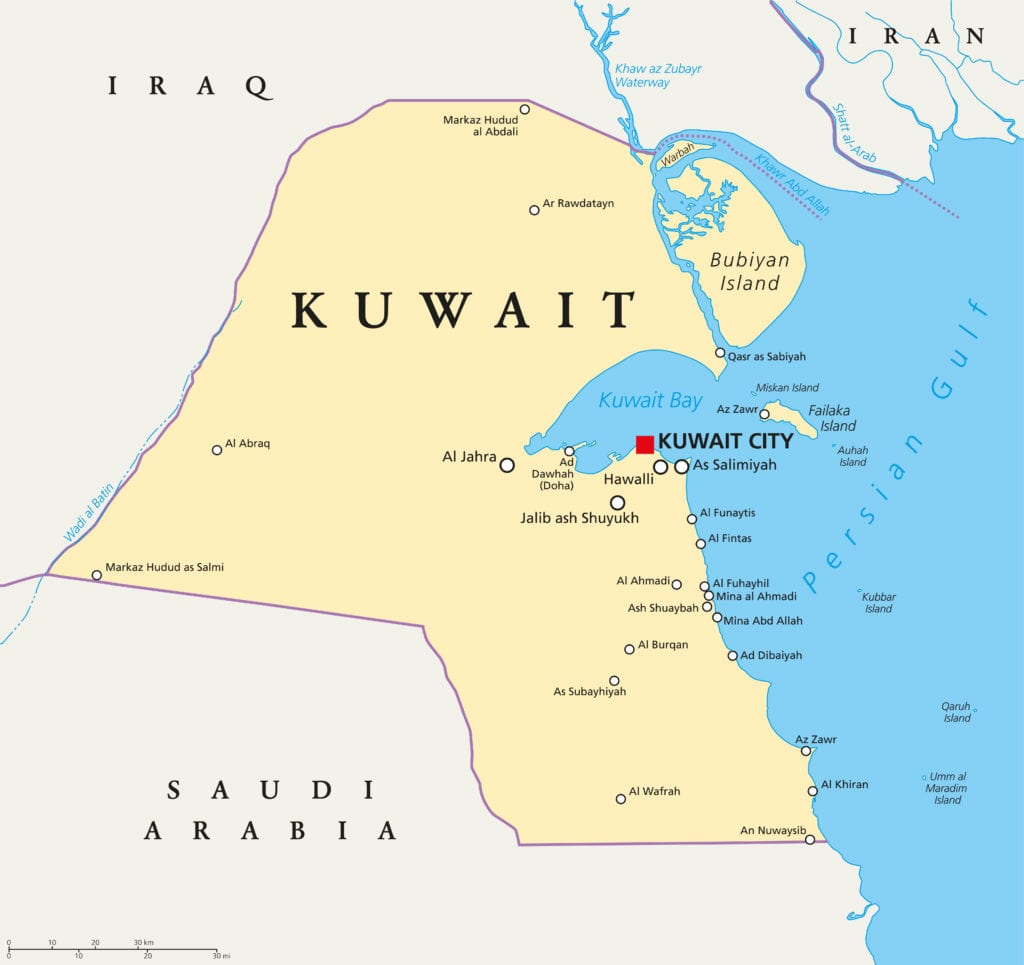
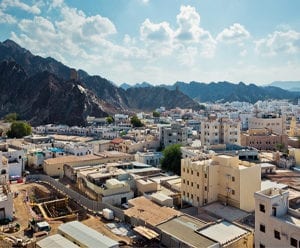




 English
English